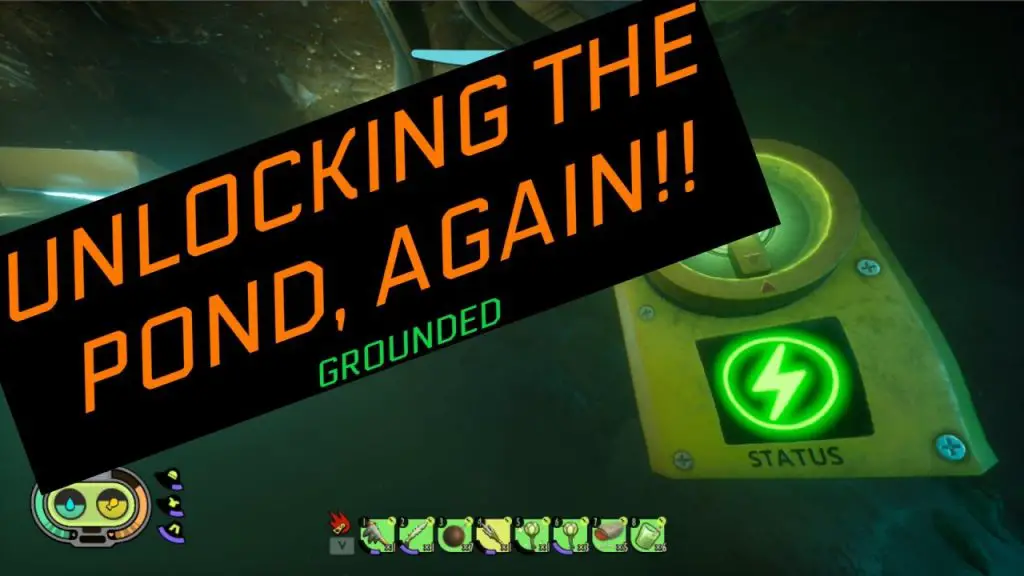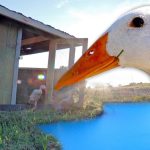Welcome to the exciting world of Pond Lab! If you are eager to explore the wonders of aquatic life and conduct fascinating experiments, getting into the Pond Lab is the perfect opportunity for you. In this comprehensive guide, we will walk you through the steps to successfully enter the Pond Lab and start your journey of discovery.
Step 1: Express Your Interest
The first step in getting into the Pond Lab is to express your genuine interest in aquatic life and research. Talk to your teachers or professors about your passion for studying ponds and the creatures that inhabit them. Let them know that you are eager to be a part of the Pond Lab team and contribute to scientific exploration.
Step 2: Build Your Knowledge
Expand your knowledge about pond ecosystems by reading books, articles, and research papers on the subject. Familiarize yourself with the different species of plants and animals that can be found in ponds, as well as the environmental factors that affect their habitats. The more you know, the better prepared you will be to conduct experiments in the Pond Lab.
Step 3: Volunteer or Intern
One of the best ways to get your foot in the door of the Pond Lab is to volunteer or intern at a local pond, nature reserve, or research facility. By gaining hands-on experience in the field, you will develop valuable skills and knowledge that will impress the Pond Lab team when you apply for a position.
Step 4: Network with Researchers
Attend scientific conferences, workshops, and seminars related to pond ecology and research. Network with researchers, scientists, and professionals in the field who can provide guidance and mentorship as you pursue your goal of entering the Pond Lab. Building connections in the scientific community can open doors to exciting opportunities.

Credit: www.youtube.com
Step 5: Apply for Positions
Keep an eye out for job openings, internships, or research assistant positions in the Pond Lab. Submit a well-crafted resume and cover letter that highlights your passion for pond ecology, relevant experience, and qualifications. Be prepared to showcase your knowledge and skills during the interview process.
Step 6: Demonstrate Your Skills
Once you have secured a position in the Pond Lab, it is essential to demonstrate your skills and dedication to your work. Take initiative in conducting experiments, collecting data, and analyzing results. Show your enthusiasm for learning and contributing to the scientific community.
Step 7: Collaborate with Peers
Collaboration is key to success in the Pond Lab. Work closely with your colleagues, share ideas, and collaborate on research projects. By fostering a spirit of teamwork and cooperation, you will not only enhance your own learning but also contribute to the collective knowledge of the Pond Lab.
Step 8: Publish Your Findings
Share your research findings and discoveries by publishing papers in scientific journals or presenting at conferences. By disseminating your work to the broader scientific community, you will contribute to the advancement of knowledge in pond ecology and establish yourself as a respected researcher in the field.

Credit: www.reddit.com
Step 9: Continue Learning and Growing
Stay curious and continue to expand your knowledge and skills in pond ecology. Attend workshops, seminars, and training programs to stay updated on the latest developments in the field. Pursue advanced degrees or certifications to further enhance your expertise.
Step 10: Inspire Others
As you progress in your career in the Pond Lab, inspire and mentor aspiring scientists who share your passion for aquatic life. Encourage others to pursue their interests in pond ecology and research, and help create a supportive and inclusive community of scientists dedicated to exploring the wonders of nature.
By following these steps and staying committed to your goals, you can successfully get into the Pond Lab and embark on a rewarding and fulfilling journey of scientific discovery and exploration. The world of pond ecology awaits – are you ready to dive in?




